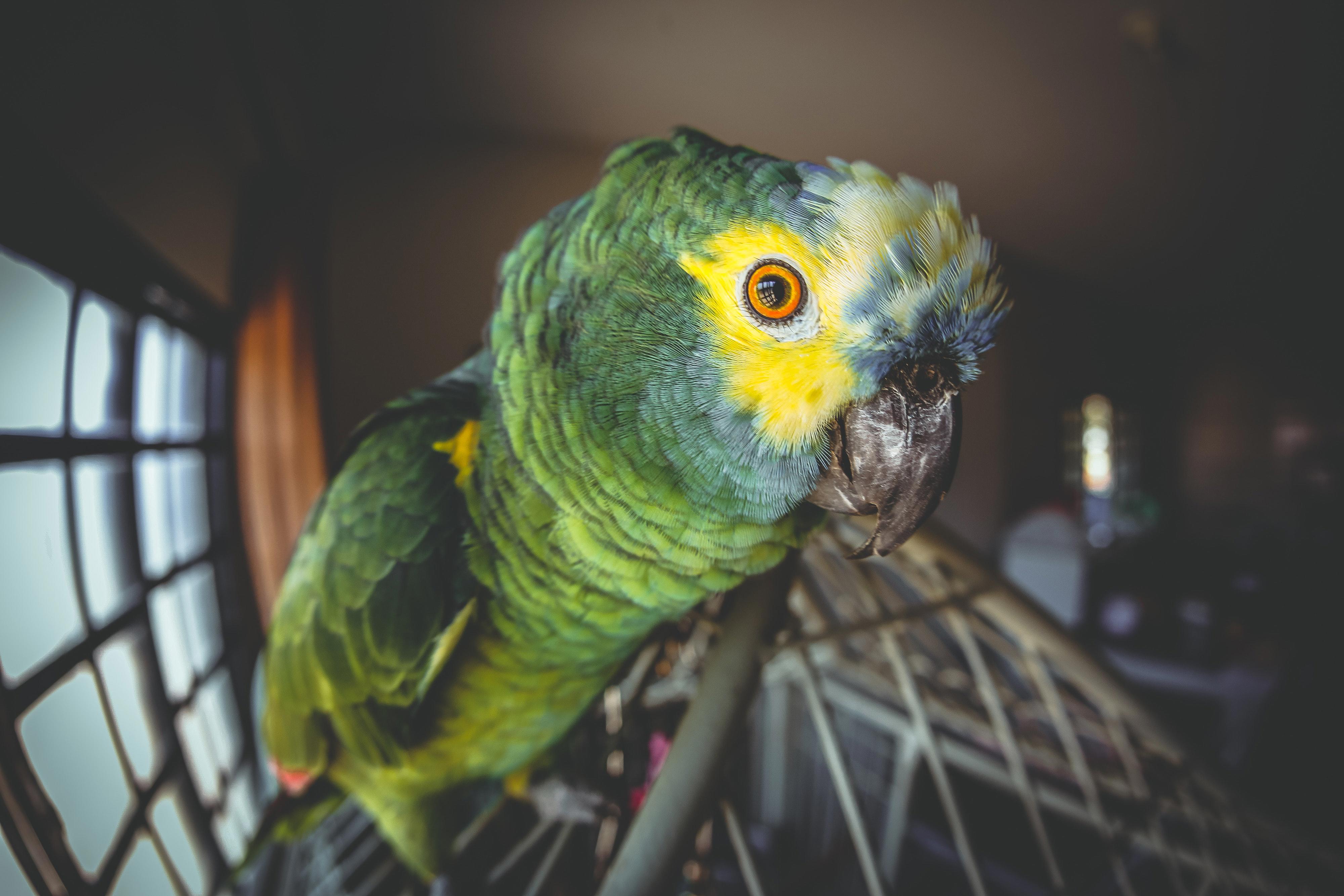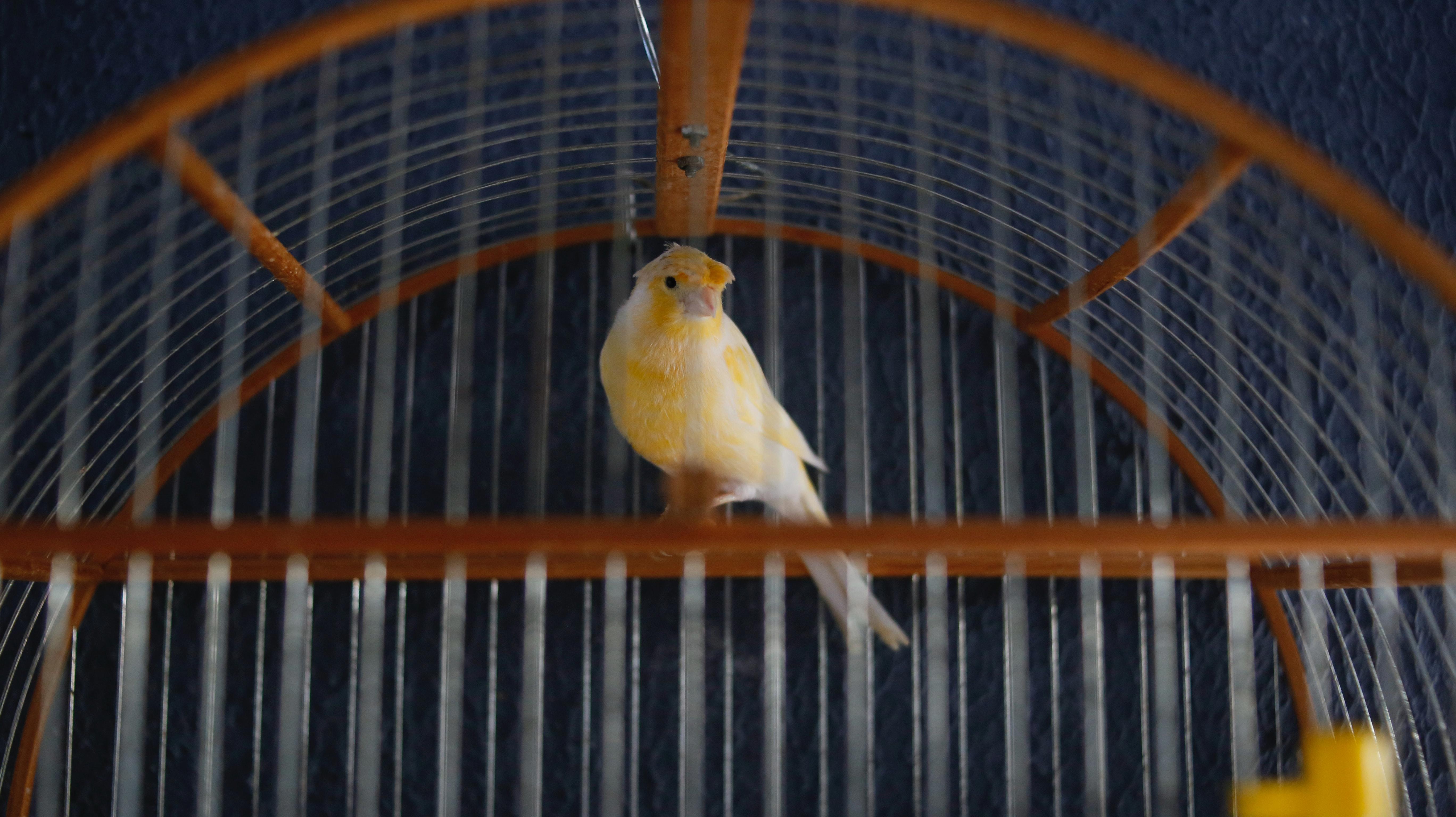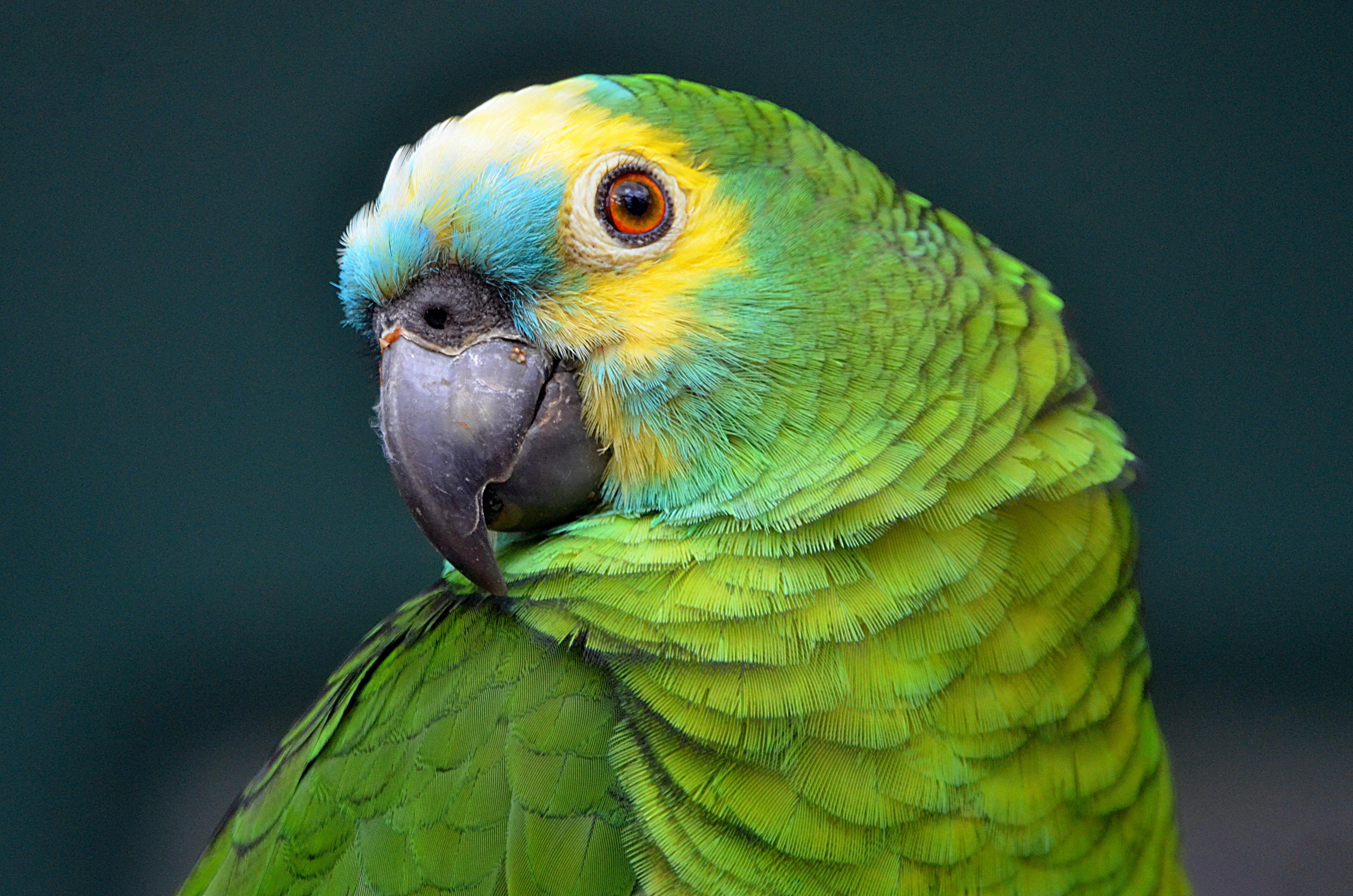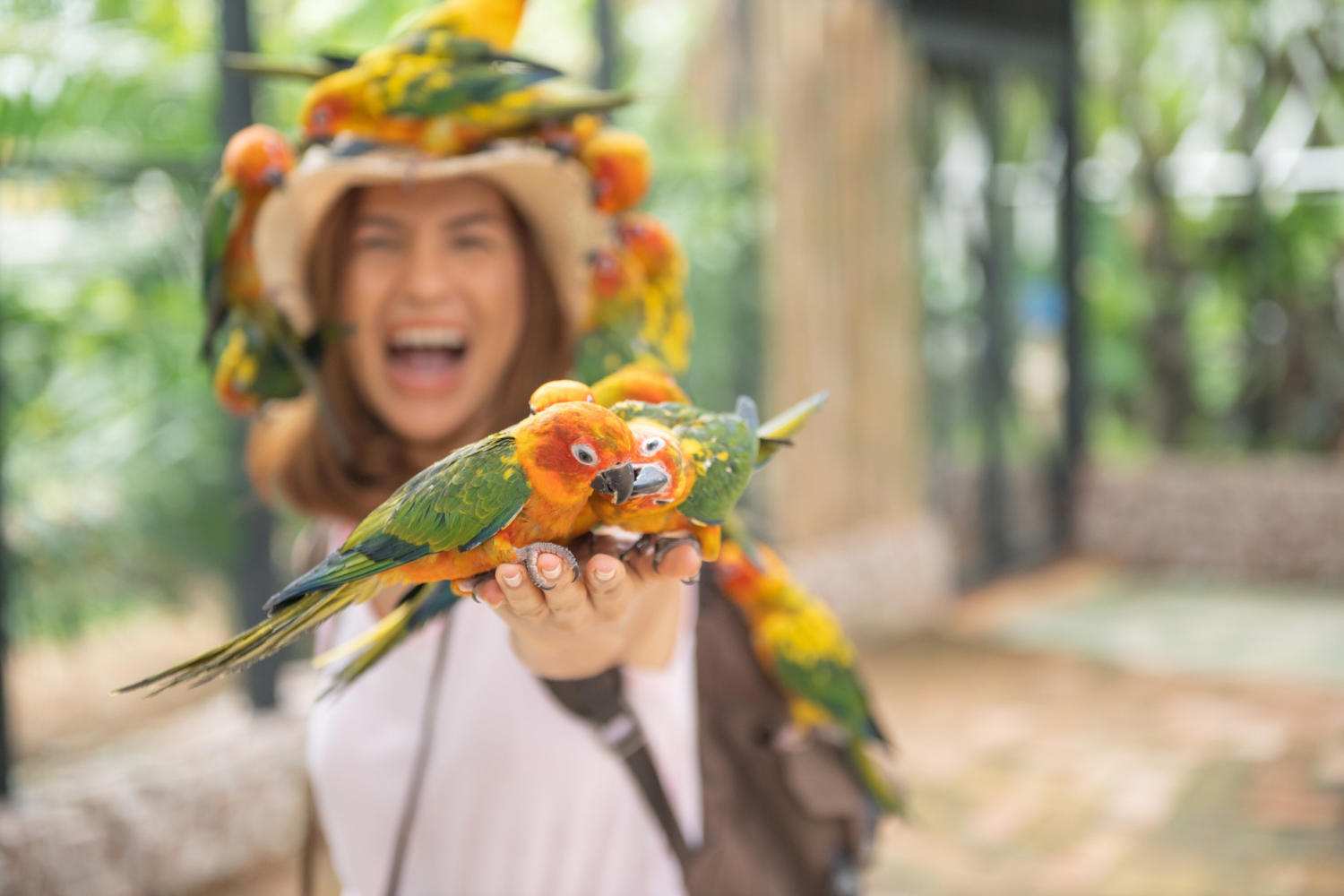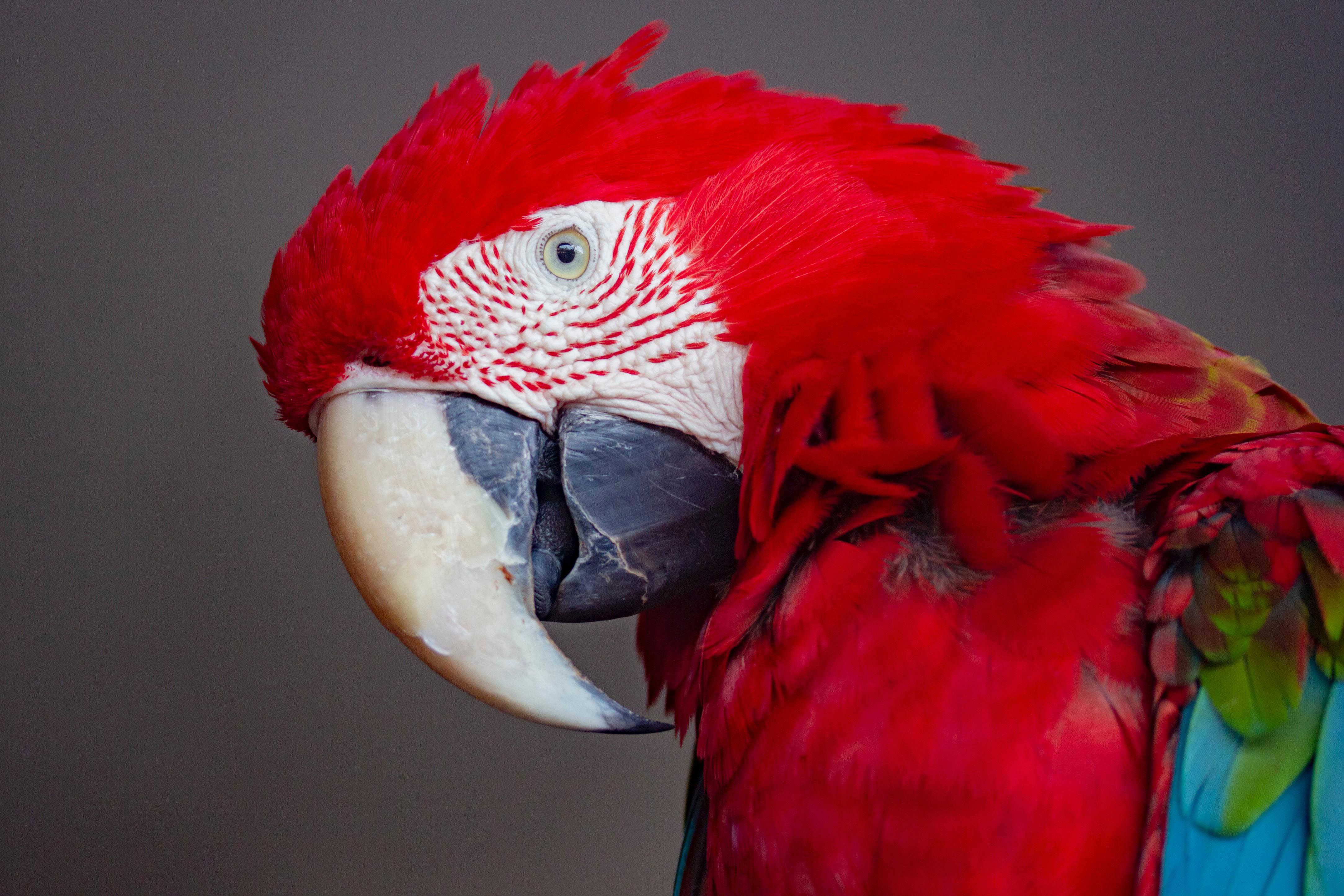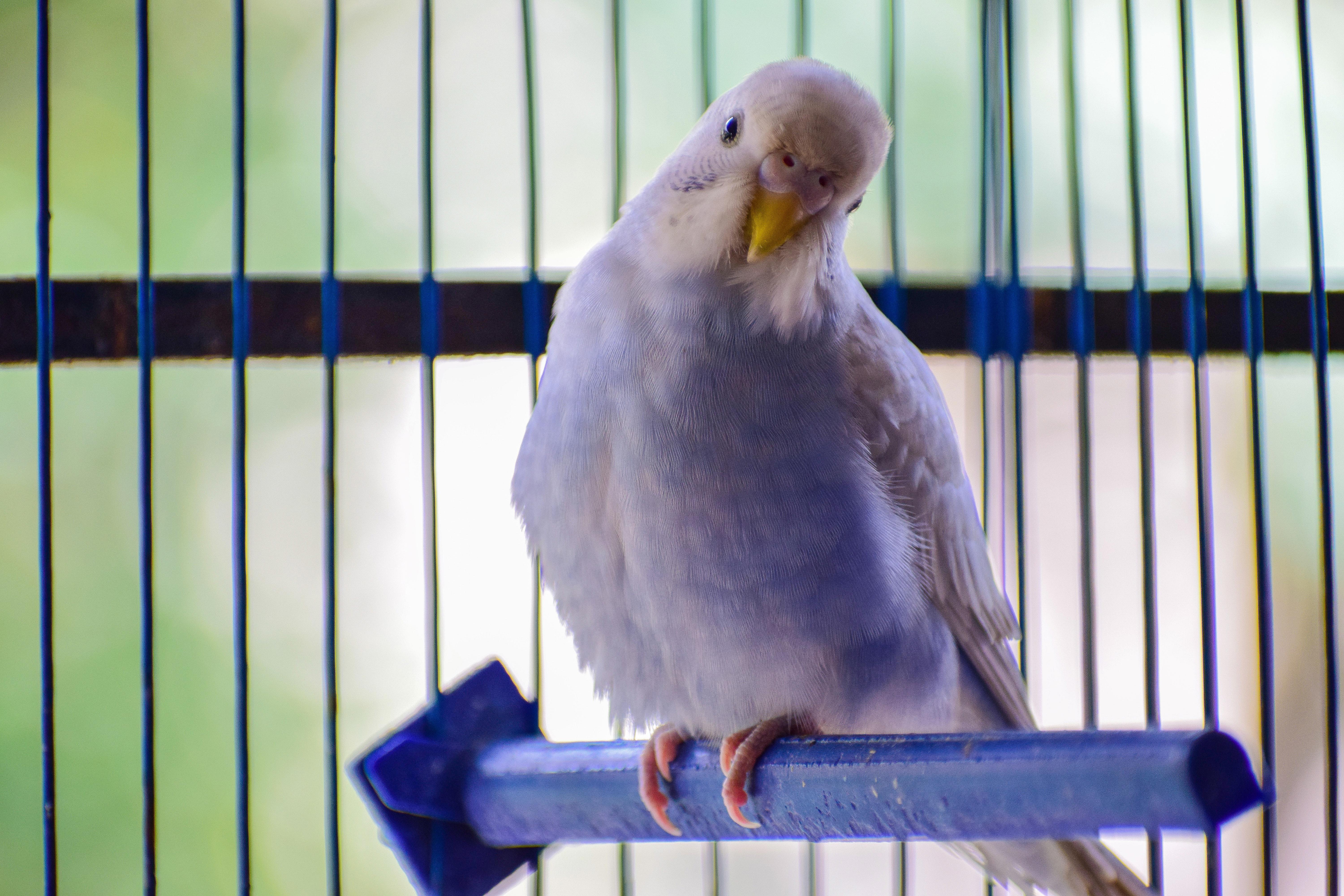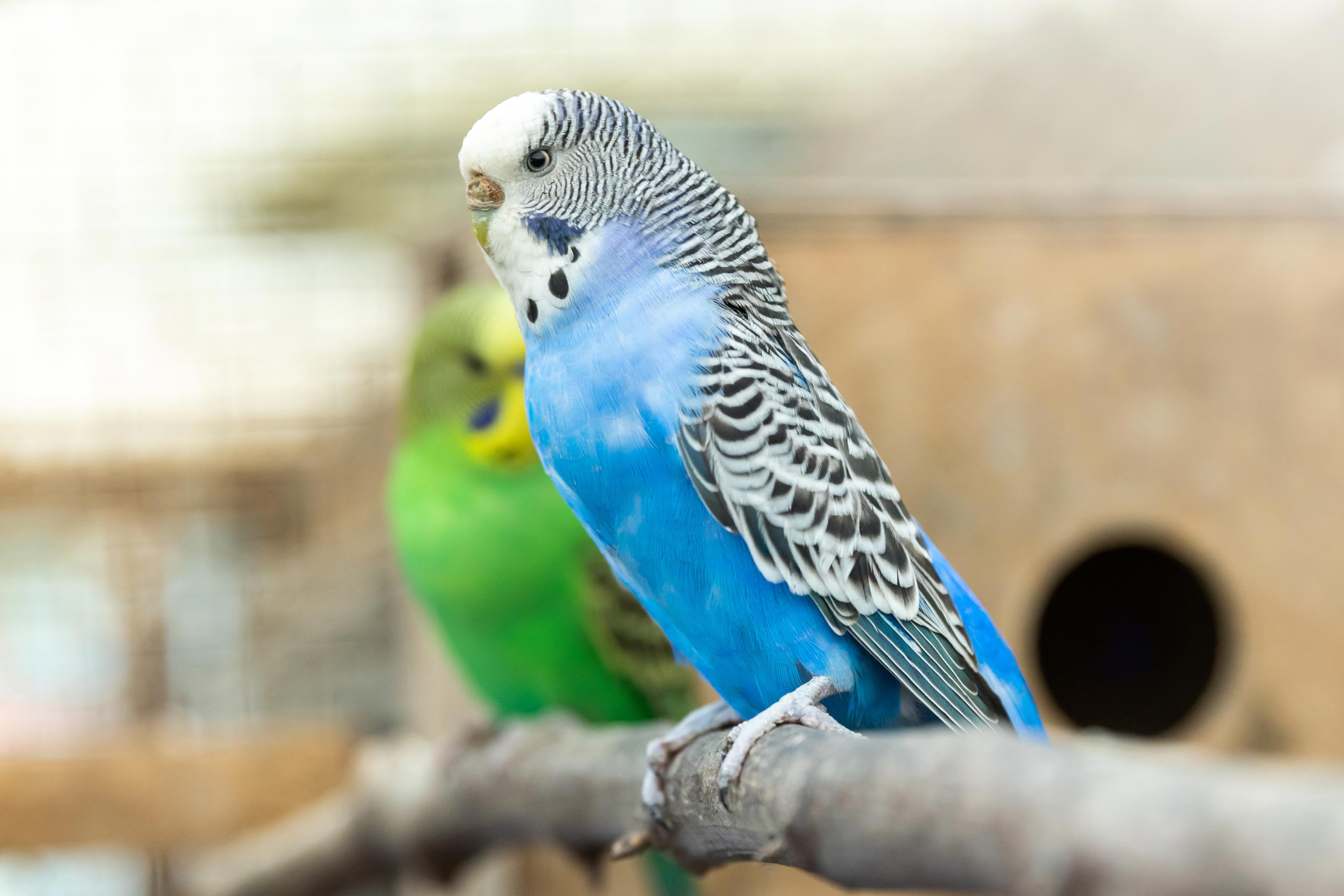
A bird’s wings are its most prized asset. They provide the freedom to explore and soar, and they allow birds to do the things they love most: flying and singing. But while allowing your bird the freedom to fly is important, it can also be dangerous. Clipping your bird’s wings can help to keep it safe, but it also comes with some potential drawbacks. In this blog post, we’ll explore the pros and cons of clipping your bird’s wings and help you decide if it’s the right choice for you and your pet.
Birds are amazing and beautiful creatures, and it can be a lot of fun to have one as a pet. Many people don’t realize, however, that they require a lot of special care and attention. One of the biggest decisions a bird owner needs to make is whether or not to clip their bird’s wings. Clipping a bird’s wings can be beneficial in some ways, but it also has some drawbacks. Let’s take a look at the pros and cons of clipping a bird’s wings.
Pros
The primary advantage of clipping a bird’s wings is that it limits their ability to fly and escape. This is especially important if you have an outdoor aviary or if you take your bird outside. If your bird is able to fly away, it can be difficult or even impossible to get them back. Clipping their wings will reduce the likelihood of them flying away and getting lost.
Clipping a bird’s wings can also help to reduce the risk of them getting injured. If your bird is able to fly around the house, they may be more likely to crash into walls or furniture. This can cause serious injury or even death. Clipping their wings will help to reduce the chances of them getting hurt.
In addition, clipping a bird’s wings can make them easier to handle. If your bird is used to flying around, they may be more difficult to catch and hold. Clipping their wings will make them less likely to fly away, making them easier to contain.
Cons
One of the biggest drawbacks of clipping a bird’s wings is that it can cause them a lot of stress. Birds rely heavily on their ability to fly, and taking away this ability can be very traumatic for them. In addition, clipping a bird’s wings can also cause them physical pain and discomfort. For this reason, it’s important to make sure that the wings are clipped correctly and that the bird is handled with care.
Clipping a bird’s wings can also make them more dependent on their owners. Birds that are unable to fly may become more attached to their owners, which can be both a blessing and a curse. On the one hand, you may have a bird that is very loyal and affectionate. On the other hand, you may have a bird that is overly dependent and clingy.
Finally, clipping a bird’s wings can also be dangerous in certain situations. If your bird is able to fly away from a predator or other danger, they may be able to escape. If their wings are clipped, they may be unable to escape and put in harm’s way.
Conclusion
Clipping a bird’s wings can be a great way to keep them safe and make them easier to handle. However, there are a lot of potential drawbacks that need to be considered before making this decision. It’s important to weigh the pros and cons carefully before deciding whether or not to clip your bird’s wings.
Overall, the decision to clip or not clip a bird’s wings is a personal one and should be made with a full understanding of the pros and cons of both. Clipping wings can be beneficial as it eliminates the risk of a bird escaping or flying into dangerous objects, however it also prevents the bird from being able to fly, which can have a negative impact on their health and wellbeing. It is important to research the pros and cons of clipping your bird’s wings and make an informed decision based on what is best for your bird and your lifestyle.


